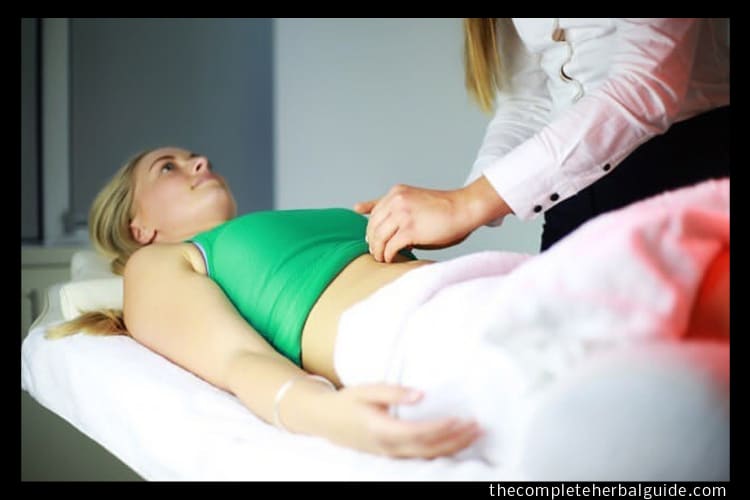
Acupuncture After Breast Cancer Treatment
According to the latest study conducted by the researchers at the Perelman School of Medicine at the University of Pennsylvania, acupuncture is considered a feasible option for women complaining of hot flashes following treatment with estrogen-targeting therapies for breast cancer.
According to researchers, acupuncture can be effective for women who had breast cancer treatments and they are experiencing hot flashes.
In the survivors of breast cancer, hot flashes are severe and seen frequently, but the measures approved by the FDA for the treatment of these episodes such as hormone replacement therapy are not suitable for the survivors of breast cancer due to the presence of estrogen. The study results are published in the Journal of Clinical Oncology.
Jun J. Mao, MD, MSCE, an associate professor in the department of community health and family medicine, said that the majority of people relate hot flashes with menopause, this episode may also appear in women surviving breast cancer who are having low levels of estrogen and usually undergo premature menopause after being treated with surgery or chemotherapy.
The results of the latest research clearly highlight the promising role of acupuncture in the control of hot flashes in breast cancer survivors, which was also proven effective for joint pain in the same population in previous studies.
In general, hot flushes are the transient episodes of flushing, racing heartbeat, sweating, and heat sensations. The actual cause of hot flashes is not known though they are closely linked with decreased levels of estrogen.
Study details
- gabapentin (900 mg) daily
- gabapentin placebo daily,
- electroacupuncture twice a week for two weeks then once weekly
- “sham” electroacupuncture (involves no needle penetration or electric current)
After a period of 8 weeks, it was found that participants in the electroacupuncture group have a maximum improvement in the standard measurement severity and frequency of hot flashes also known as the Hot flash composite score(HFCS).
Along with the reduction in frequency and severity of hot flushes, both the groups of acupuncture also showed lesser side effects than the pill groups.
The Penn researchers have followed these subjects for another sixteen weeks after the end of the treatment and have observed that both the acupuncture groups enjoyed a lasting and better control over hot flashes, and the pill-placebo groups showed only minimal improvement in the symptoms, Whereas worsening in the hot flashes was observed in the group taking gabapentin.
Evidence from the previous studies suggests that acupuncture works by directly enhancing the levels of endorphins and their associated painkilling and mood-elevating molecules.
This article briefly describes the role of acupuncture in controlling hot flashes. You can get the details by following the given link.







